Did you know that obese people sleep worse?
It is clinically proven that obesity results, among other conditions, in poor sleep. Due to the various health complications suffered by obese people, sleep is seriously compromised. Global statistics indicate that about 4% of the world’s population may have sleep problems and this may be a direct consequence of obesity levels.
Obesity is a health problem that can be more pronounced in some areas of the body than others and because each body reacts differently, some obese people tend to have problems with their insulin levels, while others manifest problems with their bone structure. Among the different variants, respiratory problems seem to be the focal point among patients with obesity.
Far from being a lung problem, the problems caused by obesity are closely related to the muscular ability to take deep breaths. The effort made by the muscles of obese people when they try to breathe is much higher because of the excess weight, resulting in the blood having more carbon dioxide than oxygen, even affecting the colour of the skin.
Obesity as the main cause of sleep apnoea
The breathing problems suffered by obese people sooner or later end up making them perfect candidates for developing sleep apnoea. A disorder that is accentuated right at rest time. When this happens, a series of respiratory pauses occur, causing the body to make an effort to try to breathe better, generating noises, snoring and a series of involuntary activities that prevent the individual from being able to have a restful sleep.
When there are high levels of body fat, the body must work twice as hard to cope with the weight, becoming a physical burden that weakens the different organs and muscles. Because obese people cannot sleep well, this becomes a never-ending cycle, because even if they sleep, they do not rest, and they spend the day tired until they repeat the same cycle over and over again.
Obesity and fatigue: two words that go hand in hand
Another condition that sleep apnoea patients have is very similar, but it is called something else. This is Pickwick’s syndrome, a syndrome that not only affects obese people when they are asleep, but also when they are awake. The result is that the person accumulates excessive tiredness that results in them falling asleep very easily.
This condition is actually dangerous because they can fall asleep in unusual or inappropriate situations, whether driving a car or even in the middle of a conversation. The fatigue caused by this syndrome is also reflected in the difficulty to memorise things, reducing their power of concentration little by little, even for really simple tasks. Mood swings are also part of this condition.
Difference between Sleep Apnoea and Pickwick’s Syndrome
The difference between sleep apnoea and Pickwick’s syndrome applies not only to the times when their symptoms are accentuated, but their risk is clearly different. If both are not treated in time, they can lead to increased blood pressure, also known as hypertension, as well as heart rhythm disturbances. In both cases the solution is to be able to apply strict and forceful measures to get rid of excess weight.
It is important that the sleep disorders suffered by obese people are regulated by specialists, who determine the characteristics of each case, with weight loss being the best and most effective antidote.
Terapia CPAP Portugal
Latest posts by Terapia CPAP Portugal (see all)
- Sleep apnea with other illnesses - 21 de July de 2023
- What is an oxygen concentrator and what is it for? - 23 de June de 2023
- Sleep apnea machine - 5 de December de 2022
- Difference between CPAP and BIPAP - 22 de November de 2022
- Narval CC mandibular advancement for sleep apnea - 14 de November de 2022



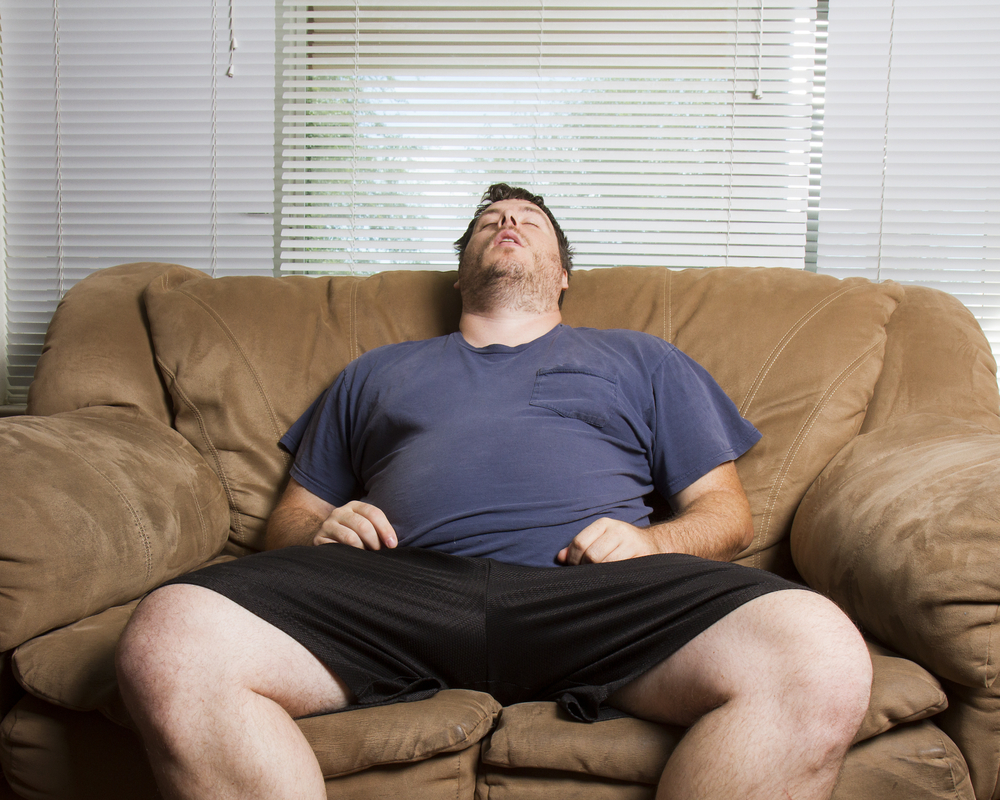


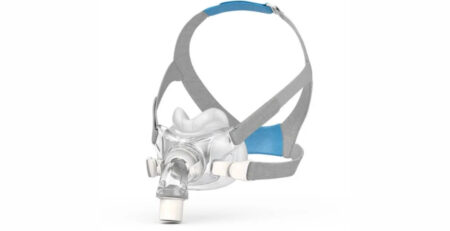



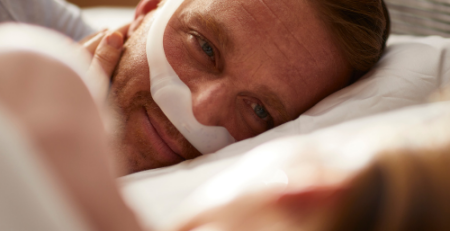
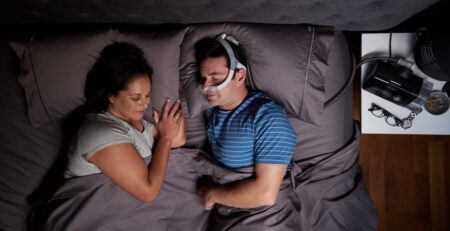

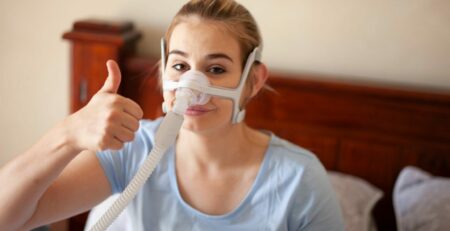

Leave a Reply